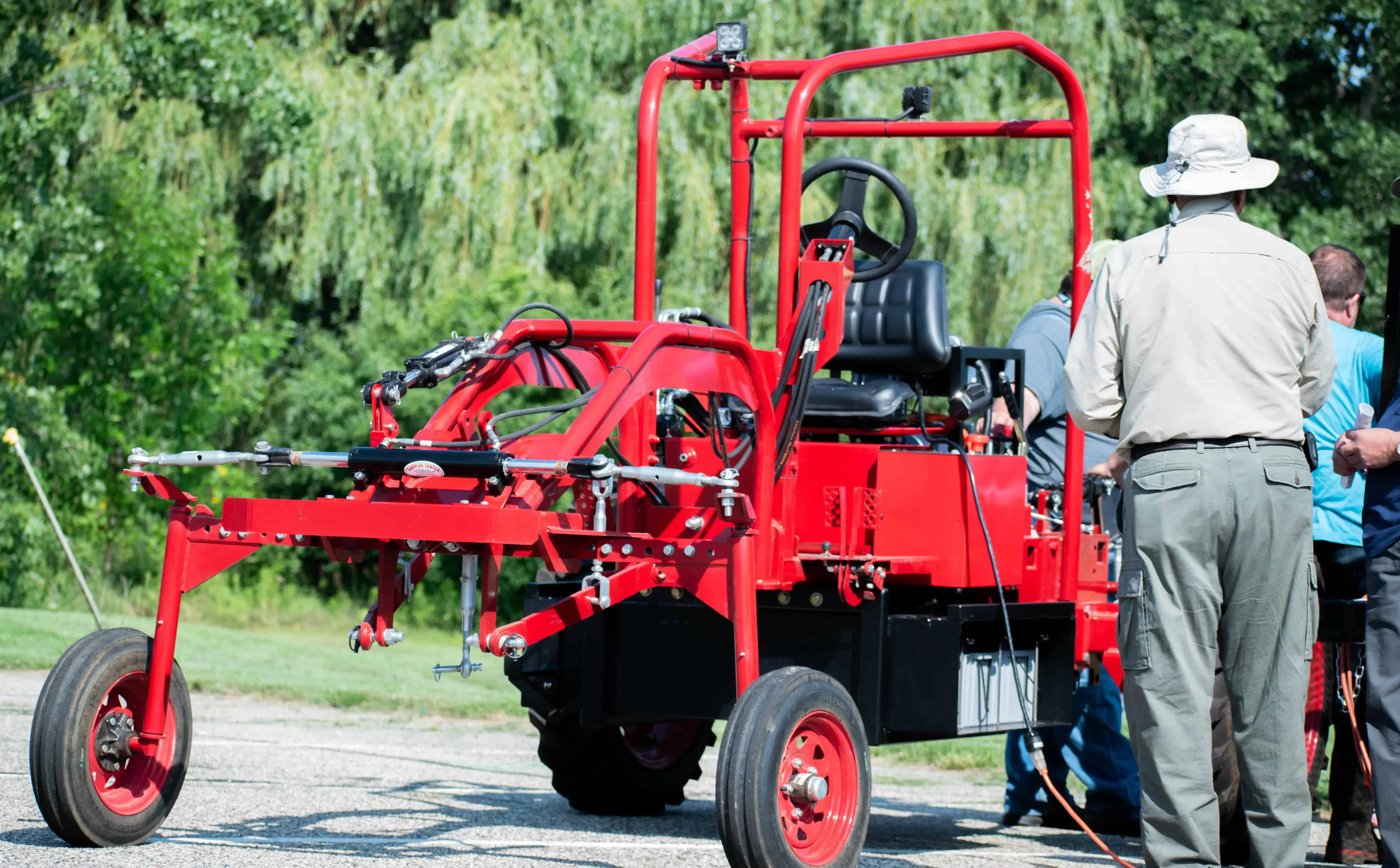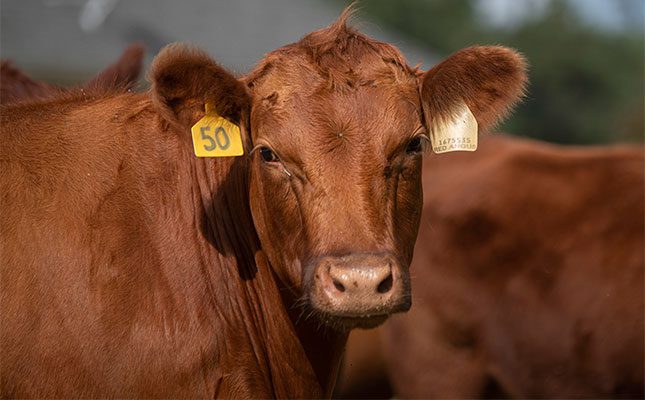
According to a report by Associated Press (AP), despite acknowledging that the market was fairly new, the researchers and some entrepreneurs in the US said electric tractors would be “ideal for small farmers who care about sustainability and want to market their products that way”.
The feedback session was hosted by Ajit Srivastava, an agricultural engineer and professor at the university. Speaking to AP, he said he wanted to help smallholder farmers around the world.
READ Silicon Valley start-up debuts electric tractor
Such farmers grow about one-third of the world’s food, but many do it just with hand tools. According to the AP article, Srivastava started trying to emulate a pair of oxen made from off-the-shelf parts so anyone could build it themselves.
It was, however, still a work in progress, with the event, which was originally planned for spring, having to be postponed due to rain because the tractor had not been waterproofed yet, AP said, adding that it also didn’t have enough power for certain jobs like tilling.
Srivastava said he hoped the tractor could eventually be sold for about US$30 000 (around R520 000), which was a much lower price than that of similar diesel vehicles.
Some farmers who attended the demonstration expressed concerns about the battery on the underside of the carriage, which would mean a lower clearance over the field, while others remained apprehensive about the cost.
Some of the positive feedback received included that the open-cab machine would be well-suited to tasks such as weeding fields of specialty crops like carrots or asparagus, or manoeuvring among the narrow rows of trees in orchards.
There were downsides, though, as electric tractors were aimed at filling a niche, not overturning the status quo, AP reported. And while battery technology had come a long way, they don’t last all day or match the massive horsepower of diesel engines that set giant tractors cruising through the sprawling grain and soya bean operations of the American Midwest, it added.
In addition, most farmers did not have fast electric chargers or the solar panels required to supply those chargers with electricity.
“For John Deere, it is not the only solution,” Derek Muller, business manager for battery electric vehicle systems at John Deere, explained. “It’s not going to be where we lead our efforts. It’s going to be one of many options.”
John Deere had produced a small utility electric tractor prototype, while companies like Monarch Tractor had a limited offering of these tractors.
Muller added that there had been a demand for electric tractors from European farmers, as farming policies were “sometimes more progressive” there.
There was also a market for these tractors at universities in other countries where agricultural research was being carried out, according to Brendan Dowdle, chief business officer of Bonsai Robotics.
Bonsai Robotics sells modular, automated electric farm robots, which can carry out some tasks normally performed by tractors.
Without harmful diesel emissions, these tractors could also be used in greenhouses, and fewer parts meant repairs would be easier to conduct.
According to AP, some entrepreneurs saw electric tractors as a step on the path to automation: fewer workers, more efficiency, and lower costs. Engineers were now designing machines that would drive themselves and power precise weeders and planters, it added.
Get trusted farming news from Farmers Weekly in Google Top Stories.
➕ Add Farmers Weekly to Google ✔ Takes 10 seconds · ✔ Remove anytime












